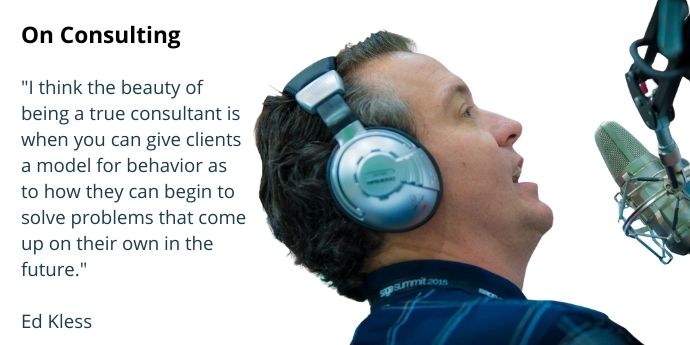Weekly Bookmarks
115th Edition – April 18, 2021
Year after year, auditors studying the financial records of federal government departments find many of them so disorganized, even chaotic, that the agencies cannot account for tens of billions of dollars.
New York Times, October 14, 2002
1. Are All Non-Profit Agencies Doomed to Financial Failure?
My first accounting teacher had a wickedly dry sense of humor. In our first class, he said, “All furniture stores that go into business ultimately go out of business.”
There was truth to that statement as countless furniture chains have bitten the dust over the past few decades. Could he be right with respect to non-profit and governmental agencies?
2. Mark’s Dilemma
Mark took over a beleaguered bus company in 2004. The financial optics were pitiful:
- a $27.7 million budget deficit
- a need to raise fares 40% across the board for a shoddy service
- the requirement to reduce service by 65% which was already in a shambles
If you had Mark’s job, where would you start? Would you start with the balance sheet? Slash expenses? Or something else?
3. First Order of Business – No Ego
Mark’s company was a non-profit bus transit in Rochester, New York. He didn’t have a crystal-clear plan of action yet, but he knew he wanted a culture of no ego.
He wanted to focus first on culture instead of taking care of the financial time bomb because tough sacrifices would be required for the good of the organization.
Addressing the massive crisis that employees didn’t even know existed would require a sea change not merely in processes or spending habits, but in how employees viewed everyday things like how we delivered service, how we communicated with each other, and how we viewed our own position in the broader community. People would have to venture beyond their comfort zones, take personal risks, and focus on improving their own performance.
4. The Turnaround
Did Mark get it right? You be the judge:
- within two years, the $27.7 million operating deficit turned into a $19.7 million surplus
- during that same time period, the people served increased by more than 20%
- Fares were not increased by 40% but reduced to $1 for the first time since 1991
Cost-cutting was about focusing on waste and a renewed attention to non-strategic, yet controllable costs such as workers’ compensation.
Regarding waste, Mark ” … confirmed that we were indeed running routes that picked up nobody and wasted millions of taxpayer dollars a year. We were able to realize millions of dollars in savings—now more than $25 million and counting—with minimal impact on service.”
5. Five No Ego Rules of The Road
- When your goal is to radically transform a company and improve its performance, changing the culture is every bit as important as changing the balance sheet.
- Feed the cows first—help employees realize that their needs don’t come before their work.
- Be in charge. Don’t just do things that make it seem like you’re in charge.
- Culture doesn’t change overnight. Be patient and keep slogging away. It will change.
- When trying to build a culture of no ego, make sure to celebrate. Help everyone realize that success is everyone’s win.
Source: Driving Excellence by Mark Aesch, the former CEO of the Rochester Transporation Authority from 2004 to 2011. With the exception of the NYT reference at the beginning, all quotes are from Mark’s book.
I read this book ten years ago, and I still consider it to be one of the best transformational turnarounds by any CEO that I’ve read. I’ll go so far and call Mark Aesch the Hunter Harrison of public transit – he’s that good.
In the book, Mark mentioned a balanced scorecard called the Transit Organization Performance Scorecard (TOPS) which tracked RTS key performance measurements in excellence in customer service, long-term financial success, and employee success. If interested, here’s a sample from 2012 and another from 2020.

Seeking a good podcast listen? Our latest interview is with Ed Kless, the co-host of my favorite podcast, The Soul of Enterprise. He tells us why consultants should be like Sherpas – their job is not to just get us up the mountain, but back down (safely) as well. Ed also reveals the keys to great project management and why the project manager is the coach, not the quarterback.

Recent Bookmarks – 114 |113 |112
Thank You For Reading. Thank you for making this a successful newsletter.
If you like the content above and the posts at CFO Bookshelf, may I ask a favor? Feel free to share this with other readers along with commenting on your favorite blog posts on LinkedIn, Twitter, or Facebook.
Always be learning and growing.

Leave a Reply